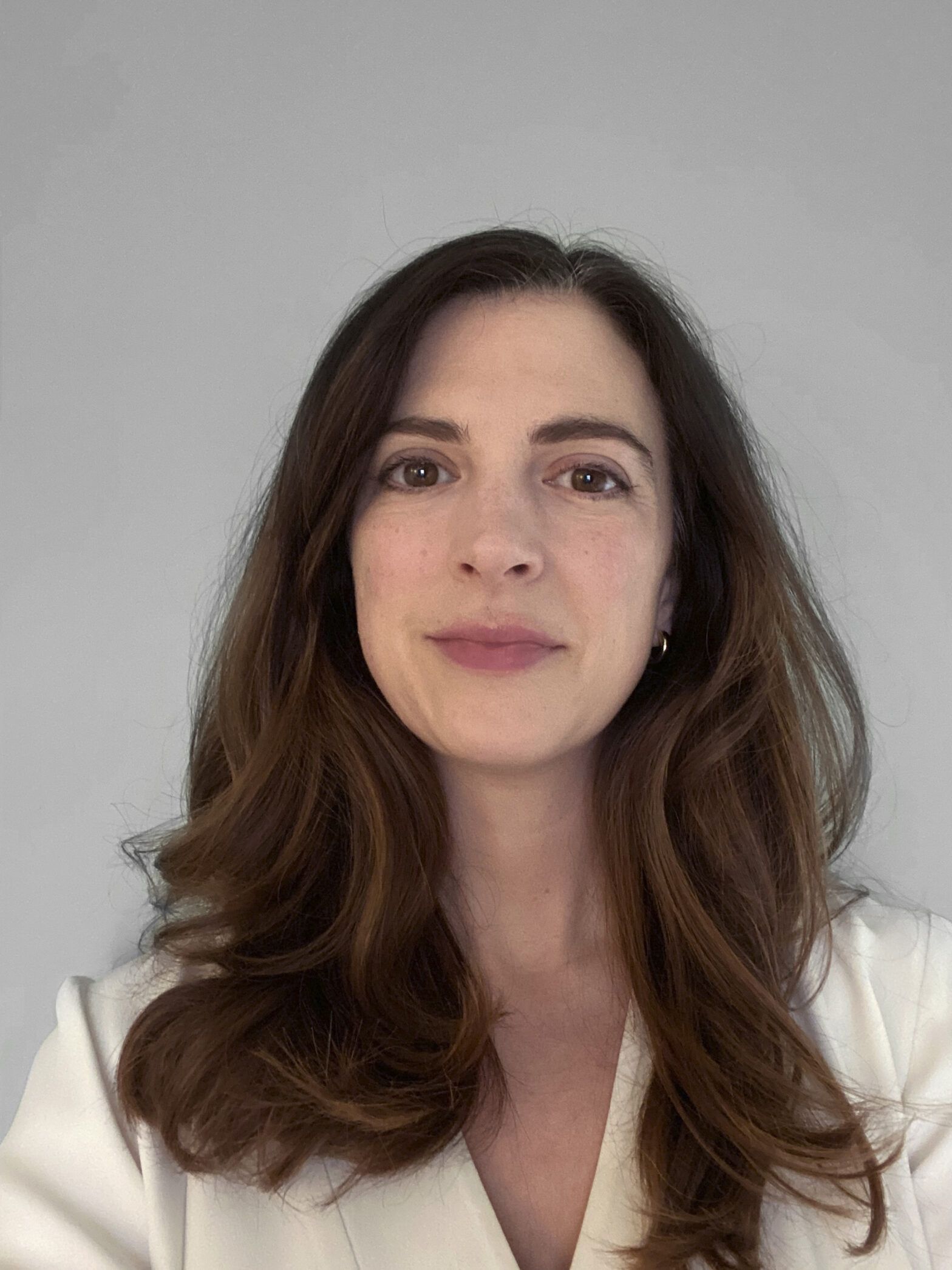Union Bancaire Privée (UBP) has launched UBAM – Biodiversity Restoration fund with the aim of creating a nature-positive portfolio.
UBP is collaborating with corporates and the conservation sector to deliver the fund. It has created a biodiversity committee to form part of the oversight of its impact team, which manages close to $1.4bn.
Tony Juniper, Nature England chair and WWF-UK executive director for advocacy and campaigns, will chair the newly formed committee. Juniper and partner non-governmental organisations (NGOs) on the committee will provide strategic guidance and set out clear biodiversity objectives and performance indicators for the team.
The global all-cap portfolio is composed of 45 to 55 stocks and invests in seven industrial verticals including sustainable management of natural resources, green cities and sustainable food production.
UBP will invest 25% of the management fee to biodiversity partners the Cambridge Conservation Initiative (CCI) and the Peace Parks Foundation for their work in conservation and policy-making.
Head of impact investing, Victoria Leggett (pictured), senior portfolio manager, Charlie Anniss, and fund manager and impact analyst, Adrien Cambonie co-manage the fund.
The investment team will use UBP’s proprietary IMAP (intentionality, materiality, additionality and potential) impact assessment tool, and its impact engagement framework.
Multi-stakeholder approach
Leggett explained why UBP decided to take this route: “The point of this relationship is for different stakeholders in society to genuinely collaborate.
“You have on-the-ground NGOs, the investment industry and corporates… working together. So we go to our corporates, our listed equity investments, and engage with them and say, ‘We are working with leaders in the conservation field and we have formed a set of metrics of how you can commercially regenerate land. We’re going to offer those to you and we’re going to support you in reporting those.’
“So the engagement is much more of a collaboration rather than a ‘we’re going to castigate you until you change’.”
She also explained why UBP has chosen not to go for the simpler option of a straightforward charitable donation: “I think there’s potentially a bit of an issue with investment funds also placing a donation, which is simply a donation.
“Several clients’ pushback to that would be ‘just lower my fee. I can choose where to donate money.’ And so if you are going to involve NGOs, then in my view, it’s quite important that there’s a reason beyond just a simple headline donation.”
A statement from UBP said $44trn of economic value generated each year is dependent on nature – more than 50% of global GDP. The group stated the services nature delivers such as pollination of crops, water purification and carbon sequestration come free of charge but have an estimated monetary value of between $125trn to $140trn per year.








